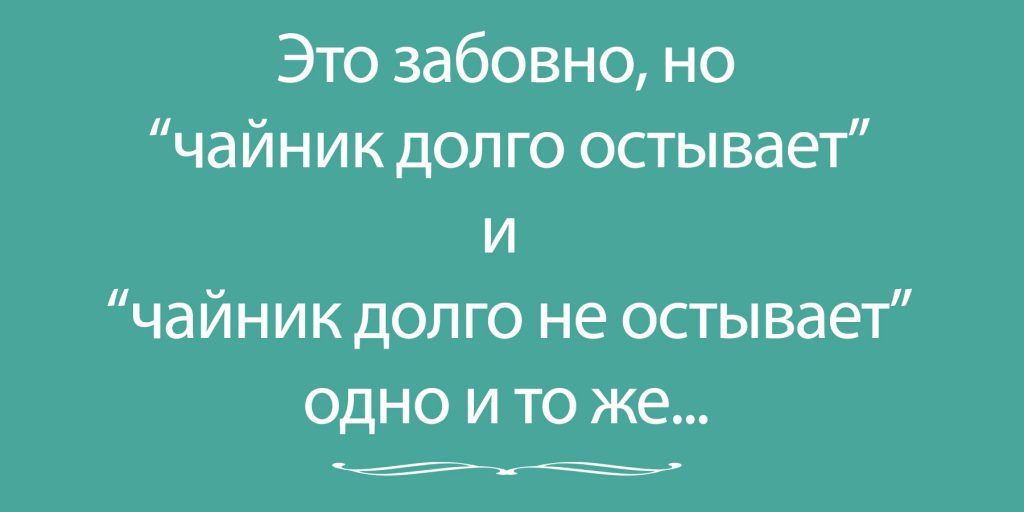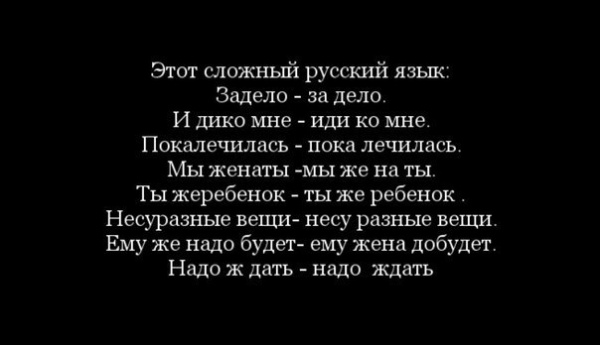Fascinating Russian: Things you didn’t Know Posted by Jenya on May 6, 2014 in language
А, Б, В are not just letters of the Russian alphabet but also words. Technically, there are 10 single-letter words in the Russian language: а, б, в, ж, и, к, о, с, у, я.
«А» – conjunction, could be translated as “but, while, and, while, as opposed to” in English. Example: Я предпочитаю сырую морковь, а не вареную. ( I prefer raw carrots to cooked carrots.)
«И» – conjunction “and.” Я люблю и малину, и ежевику. ( I like both raspberries and blackberries.)
«Б» – short form of the conjunctive particle «Бы». Example: Если б я знал об этом заранее, я бы обязательно пошел. ( Had I known that ahead of time, I would have definitely gone. ) Conjunctive mood may pose additional challenges due to the fact that completely different parts of speech are used in Russian and English to express it; it just takes a little time to get used to 🙂 .
«Ж» – short form (colloquialism) of the particle «Же». Example: Что ж ты мне раньше ничего не сказал? ( Why didn’t yousay something sooner? ) As you can see, the particle does not translate literally.
«В», «К», «О», «С», and «У» are prepositions. The exact translation will not be the same every time, but I will give you some examples.
В каком ящике расческа? (What drawer is the comb in?)
У Вас есть что-нибудь к чаю? (Do you have anything thatgoes with tea?)
О чем вы спорите? (What are you arguing about?)
Я могу пойти с тобой. (I can go with you.)
У меня болит голова. (I have a headache.) As you can see, the preposition does not even translate into English in this case, but this is a very common use case in Russian: у меня, у тебя, у него, у нее, у ребенка, etc.
«Я» – personal pronoun “I.” Ладно, я сам возьму! (OK, I’ll get it myself!)
What you see below are examples of пантограмма – a phrase where the letter composition is the same but the meaning is completely different and is defined by where the actual words start and end. Basically, the phrases consist of the same exact letters but they make up entirely different words 🙂 . The first line, for example, translates as follows: задело — it rubbed me the wrong way or it touched me; за дело — get started, get going (on something).
Let’s see if you can translate the rest 🙂 , add your translations in the comment section.
До завтра!

Build vocabulary, practice pronunciation, and more with Transparent Language Online. Available anytime, anywhere, on any device.






Comments:
AKRAM:
Lovely Russian Blog.Great help to learn Russian indeed.I am crazy about learning Russian Language
Jenya:
@AKRAM Thank you, Akram!
You should come back more often 🙂 . We post new articles several times a week 🙂 .
Steve Wilhite:
Ten points off for misspelling “забавно” …